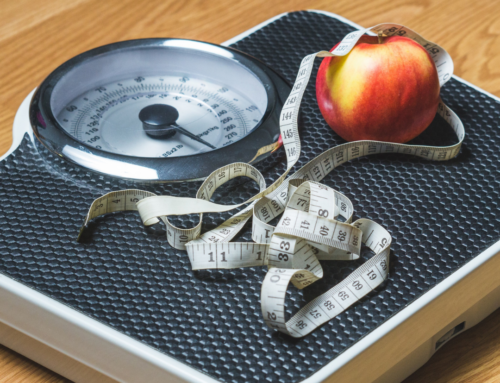Feeling blue? Struggling with depression or anxiety that won’t go away?

Depression and anxiety can affect anyone at any age. However, the best solution may not be antidepressants or anti-anxiety medication. Frequent bouts of depression, anxiety or mood swings that occur during middle to late adulthood may be caused by a hormone imbalance. The connection between mental health and hormones is not well understood, but experts know enough to recommend getting checked for a hormone imbalance if you’re feeling frequently sad, tired, anxious, irritable, or moody in middle to late adulthood.

The Link Between Hormones and Mental Health
Your hypothalamic-pituitary system supports homeostasis or maintains the relative physiological equilibrium of your body. Hormones are the chemical messengers that support communication with the entire body to keep this system in check. When something goes awry, like low testosterone (low T) levels due to aging or low estrogen in women with menopause, symptoms can manifest in both the body and the mind. In fact, one of the most common symptoms of hormone imbalance is depression, anxiety, and mood swings.
Low T and menopause aren’t the only hormonal imbalances that cause mental distress. Thyroid disorders and chronic fatigue syndrome are common too. The thyroid gland is also known as the “master gland” of the endocrine system. When something goes wrong with thyroid hormones—T3, T4, or TSH—mood swings, low energy, brain fog and confusion can occur. Chronic fatigue syndrome is a failure within the adrenal system and regulation of stress response. The most common symptoms are lethargy, weight gain, fatigue, and anxiety.
Cortisol, a hormone that plays a significant role in stress management, sleep-wake cycles and helps support energy throughout the day, can be affected by thyroid disorders, chronic fatigue syndrome or stress. Many times, cortisol is overlooked in lab panels. When cortisol is over or underproduced, it can have detrimental effects on the mind and body.
Getting Help for Hormone Imbalance Induced Depression
If your depression or anxiety is accompanied by other symptoms, such as low energy, impaired sex drive or performance, fatigue, or weight gain, it is a good idea to consult a practitioner that specializes in hormone health. Practitioners that specialize in hormone health are trained to look at the big picture and seek to identify the root cause of your symptoms, so you get solutions, not just short-term relief.
At EVEXIAS Medical Centers, the expert team of practitioners are highly trained and certified in hormonal health. Each patient is carefully assessed with a full lab panel and consultation to discuss symptoms, lifestyle and medical history. With this information, your practitioner can identify what may be causing your symptoms and offer therapies, like hormone replacement therapy, that will relieve symptoms while also supporting long term health and prevention of age-related chronic disease.

Schedule an appointment today to find out if your depression may be related to a hormone imbalance.
Click below to book your appointment.
Subscribe Today!
Be the first to get latest updates and
exclusive content straight to your email inbox.
We do not spam. You can unsubscribe anytime.






